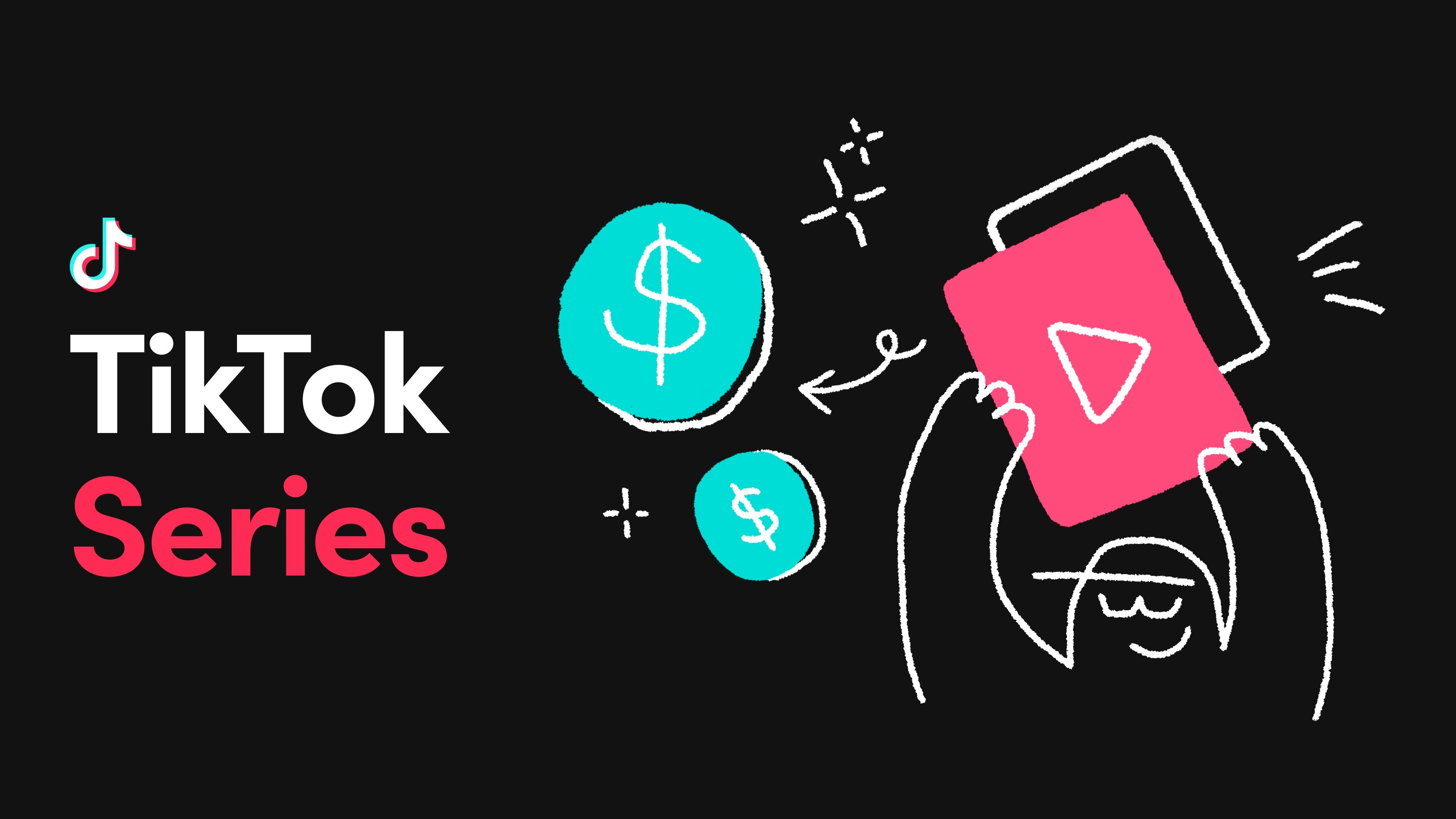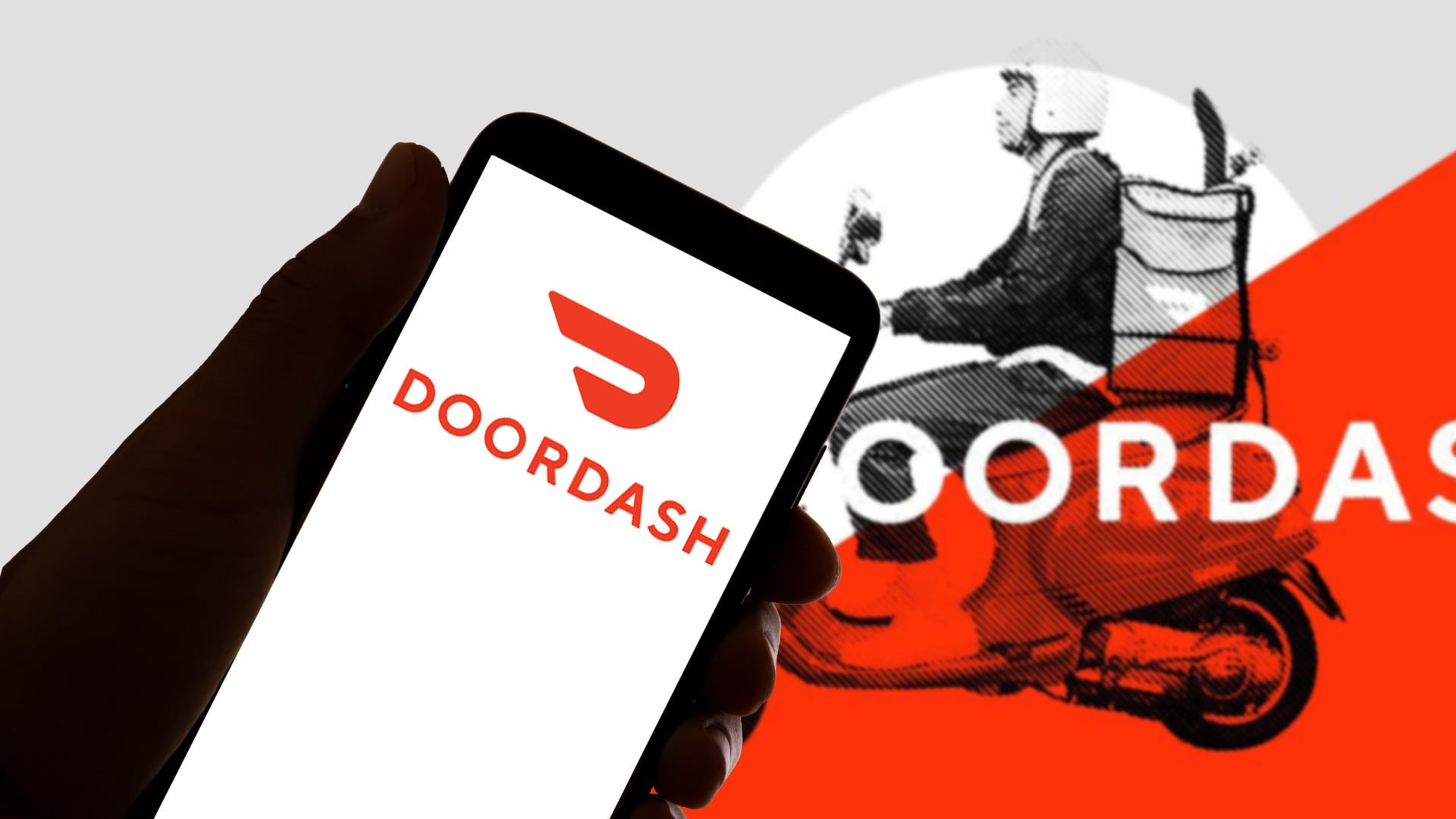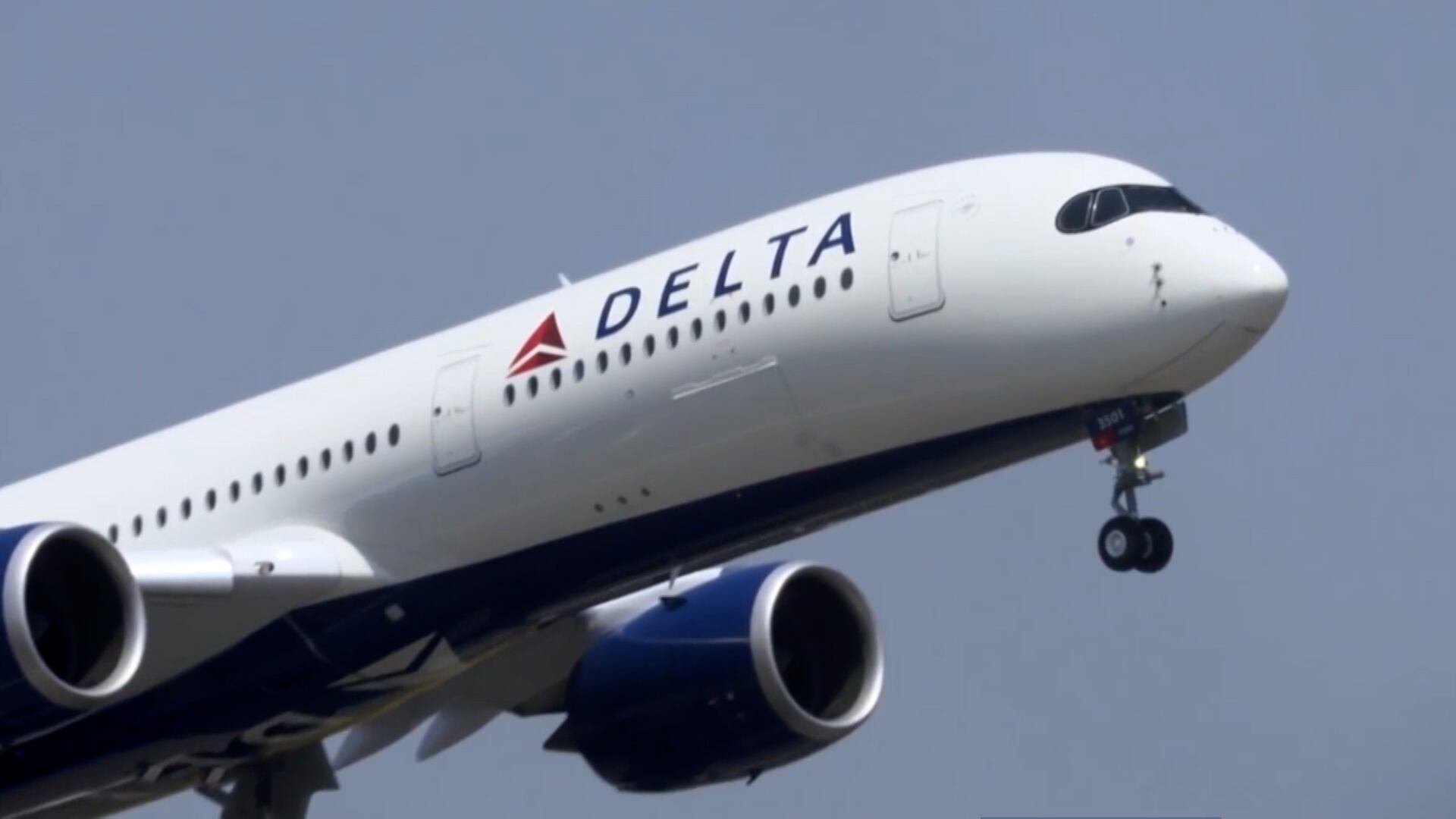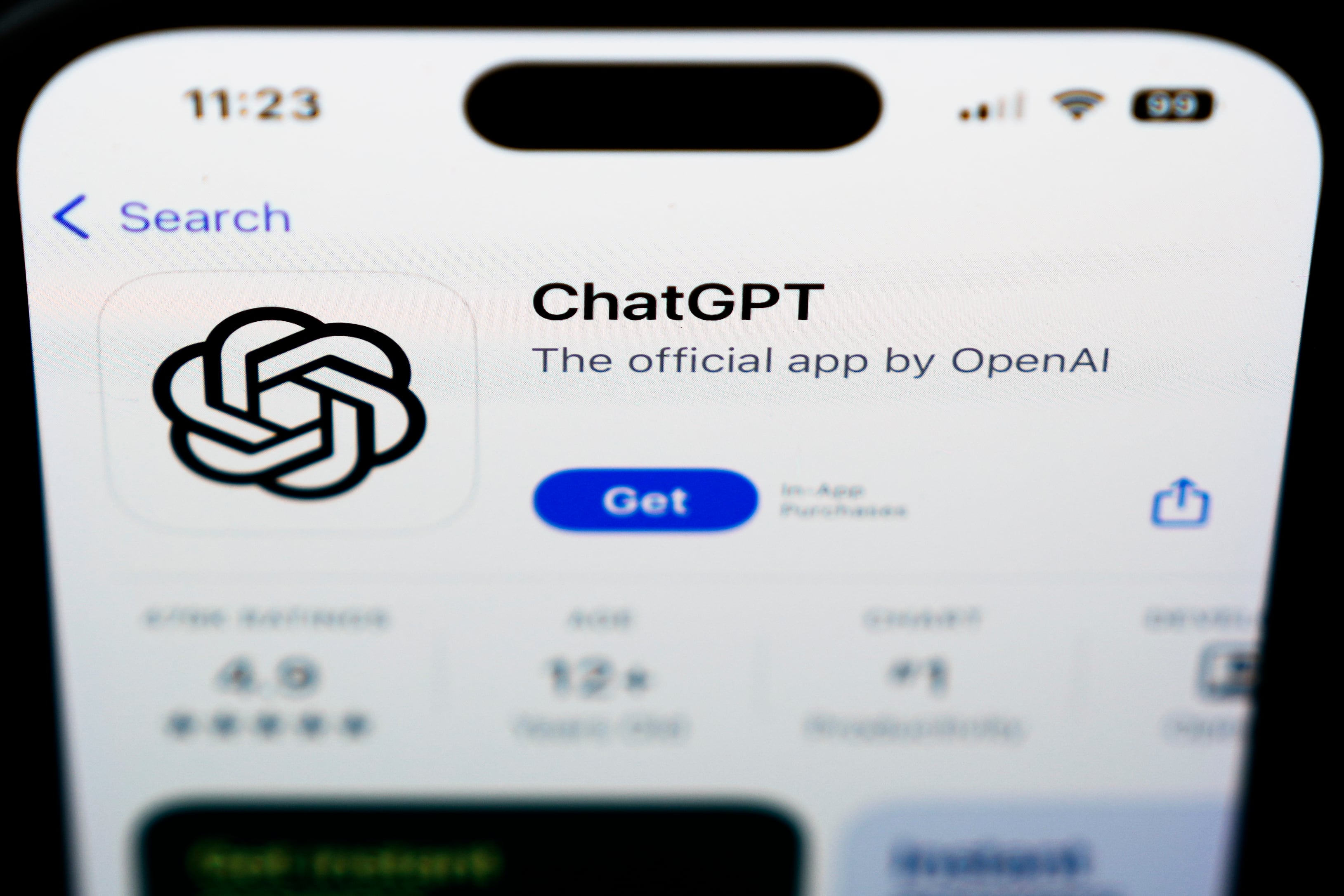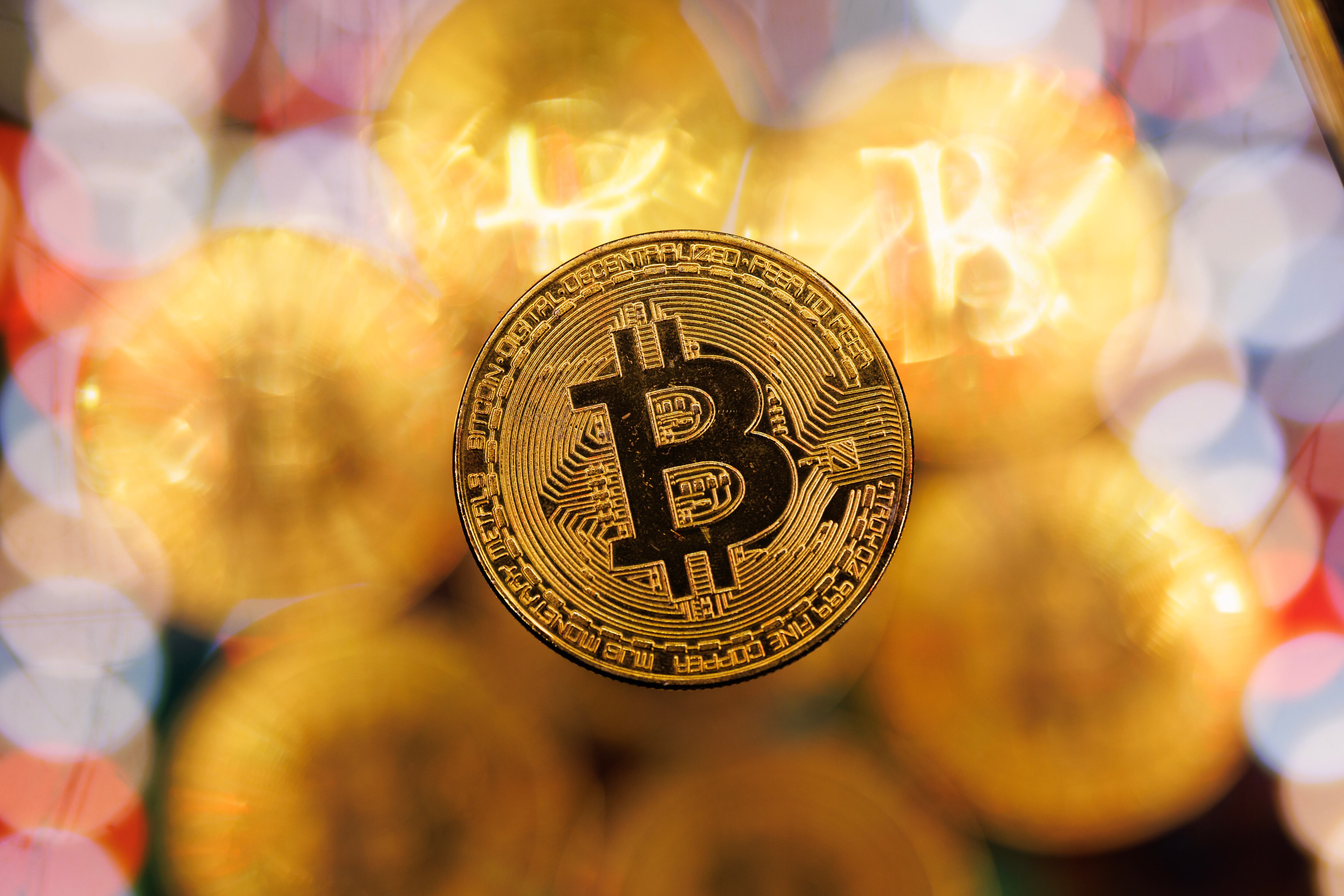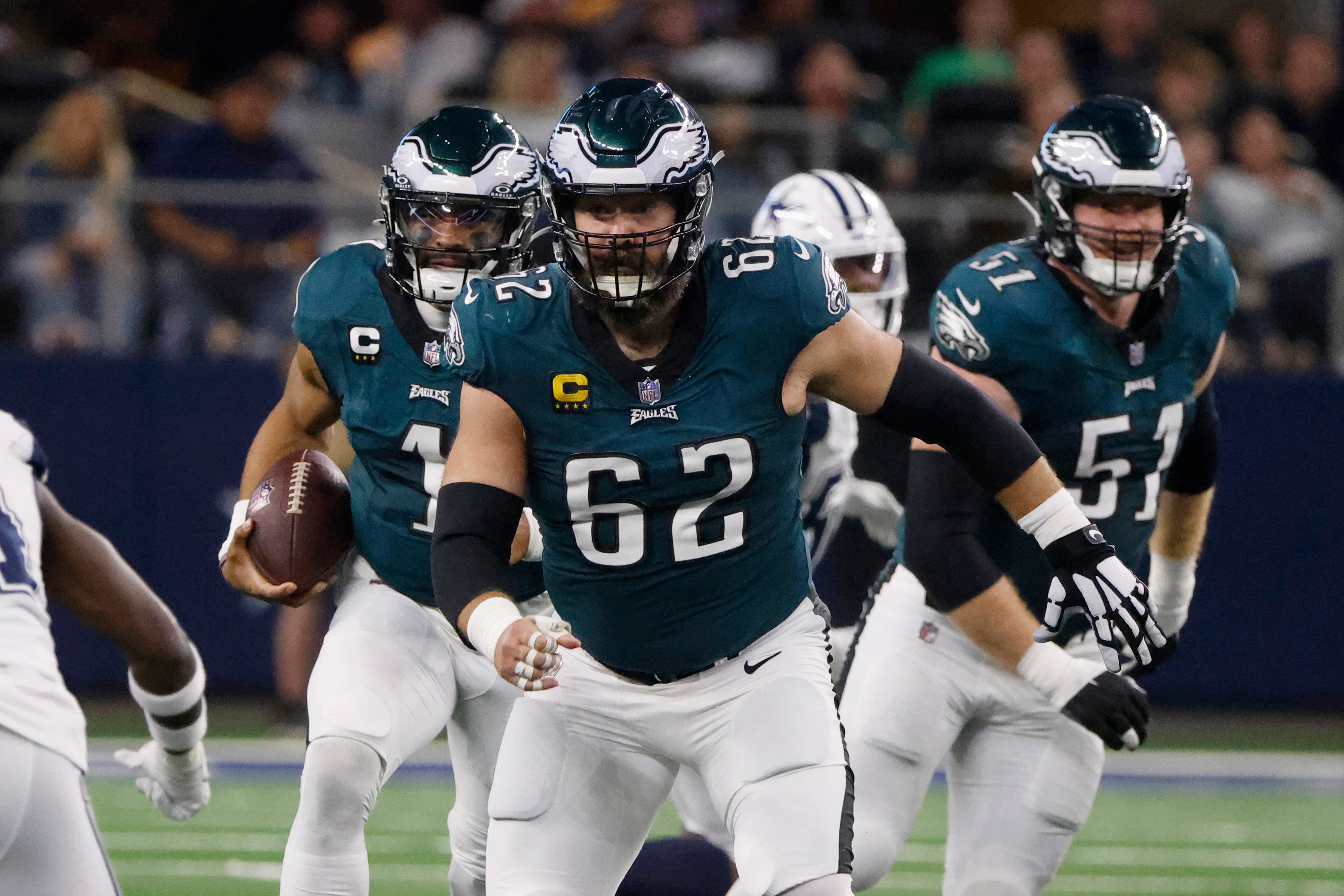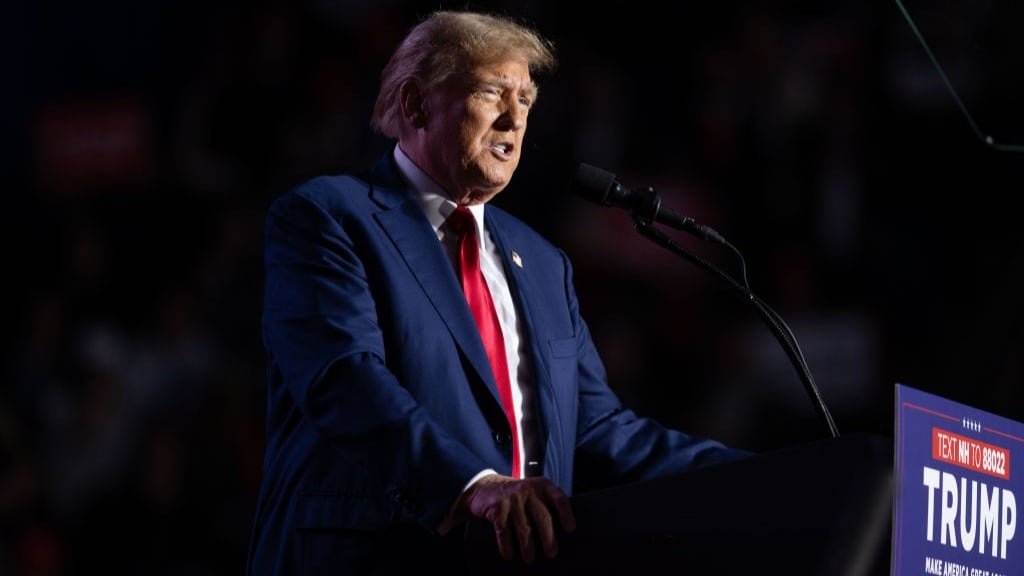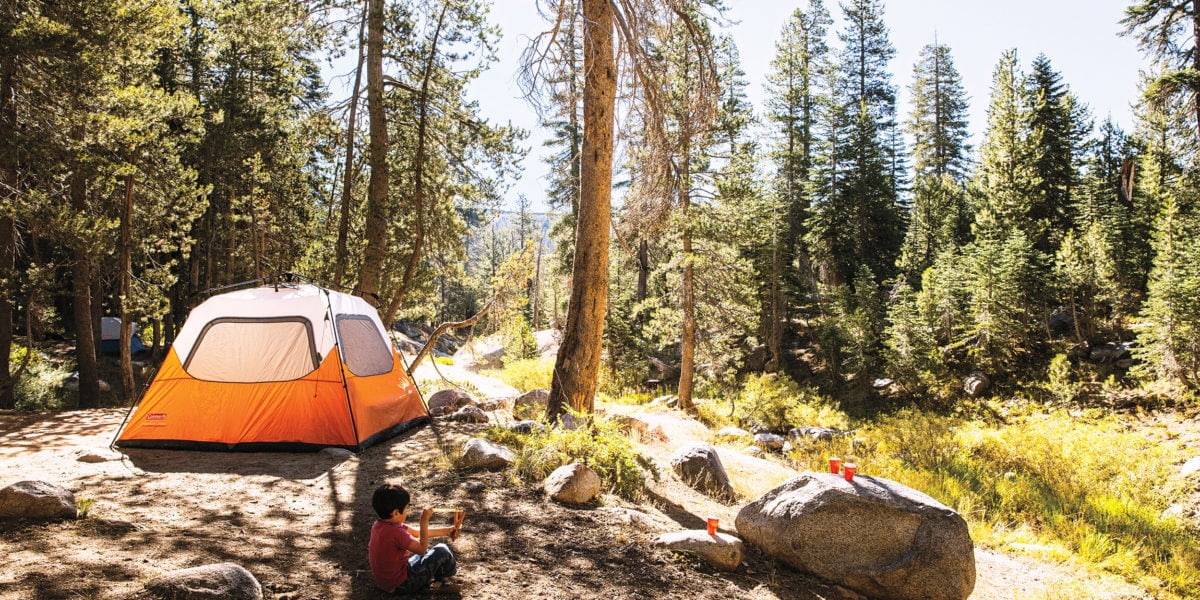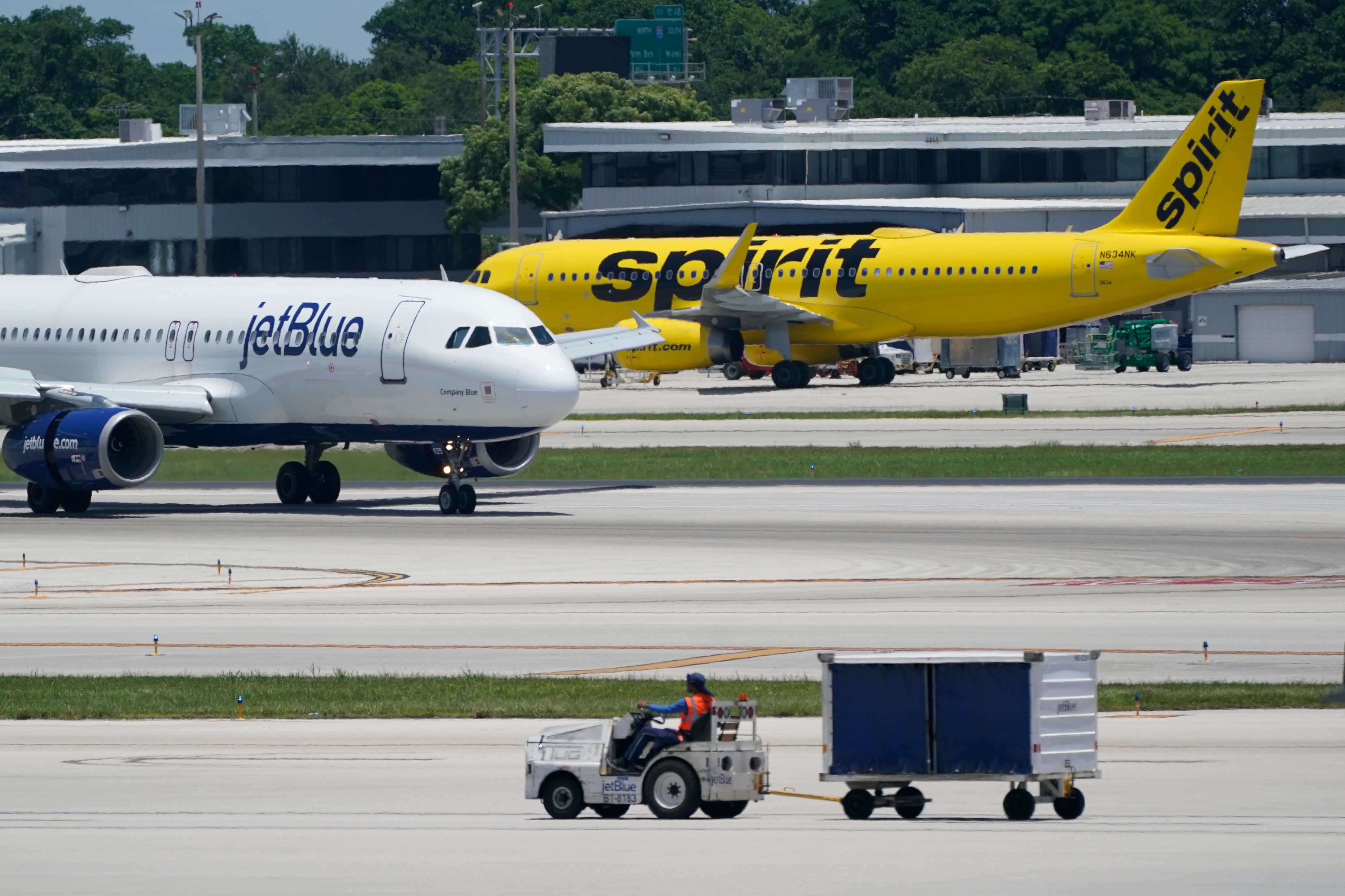TikTok is introducing a new feature called "Series" that allows users to create longer-form video content behind a paywall.
One Series can include up to 80 videos that are 20 minutes or less, and creators get to decide how much access to this content will cost their fans.
"Creators can select how much their Series should cost that best reflects the value of their exclusive content, which can be purchased for access via direct in-video links or through a creator’s profile," the company wrote in a blog post.
The company said the offering fits into a number of "monetization solutions" to make creators "feel valued and rewarded" as they produce content for the controversial platform.
"As we're in the early stages of Series, we'll continue to listen closely to our community for feedback," it wrote.
The announcement comes as Sen. Mark Warner, D-Va. champions a bill that could give the Commerce Secretary power to fully ban the Chinese-owned TikTok from the U.S.
Former Navy SEAL Clint Emerson offers tips for businesses seeking to protect themselves from high-tech threats.
Workers are now navigating weekly changes from the app companies, including changes to pay calculations and reduced work flexibility.
In case you needed yet another incentive to cram all your travel items into a carry-on, Delta Airlines has just boosted the cost of your first checked bag by 17 percent.
Lawmakers in at least seven states are taking big legislative swings to regulate bias in artificial intelligence.
Spot Bitcoin ETF glee and pre-halving hype combined to top the cryptocurrency's previous record from November 2021.
Spring has sprung! Time to tackle more than your garden.
Time for Kylie to get that cat?
The U.S. Supreme Court unanimously decided Monday to restore former president Donald Trump to 2024 presidential primary ballots. The court Monday rejected state attempts to hold the Republican former president accountable for the Capitol riot.
With warmer days and holidays ahead, it’s time to start planning.
JetBlue and Spirit Airlines are ending their proposed $3.8 billion merger after a federal judge blocked the deal, ruling it would hurt competition.
